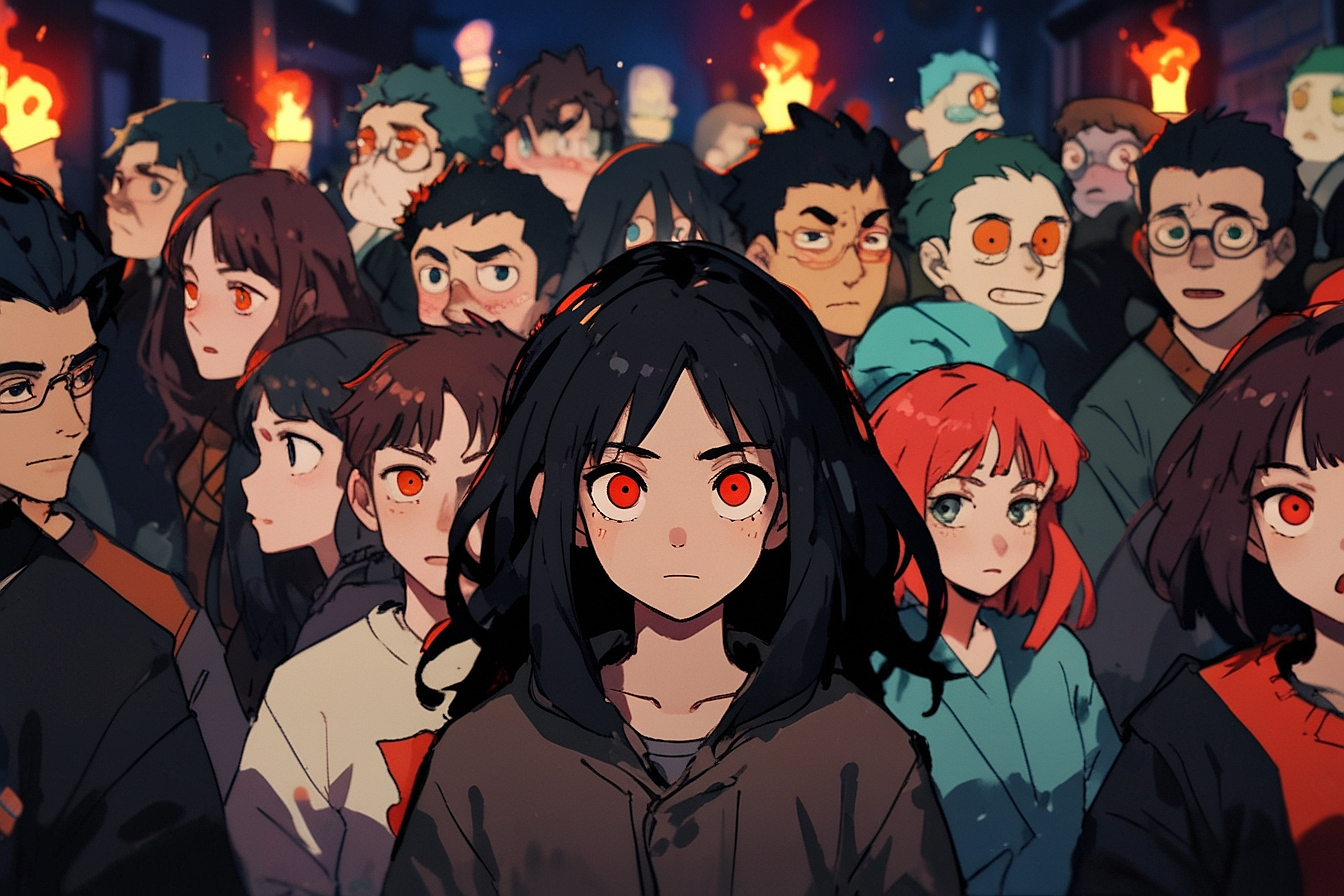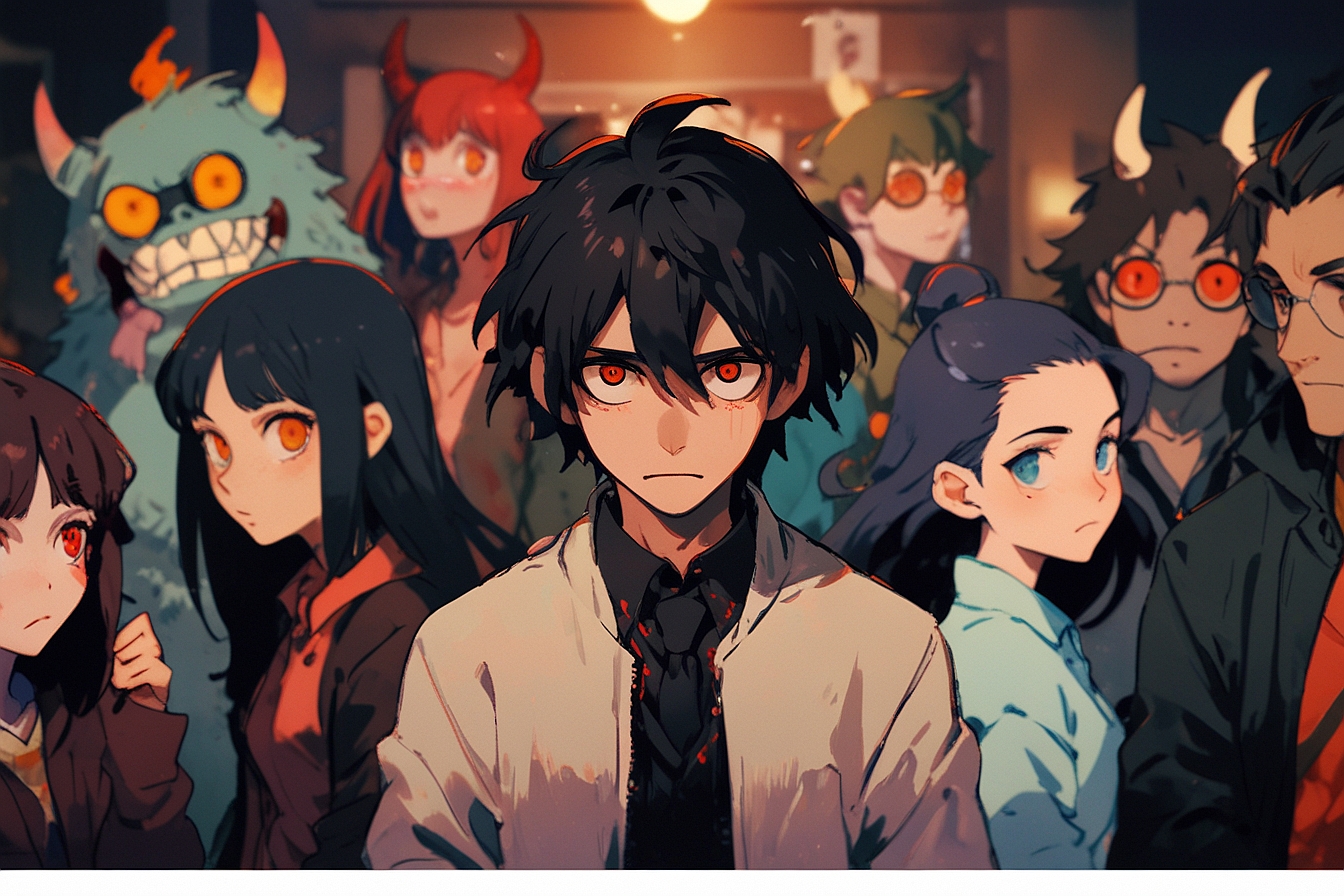Feeling Nervous Around Others? You’re Not Alone
Do you treat social anxiety disorder do you ever feel nervous or scared when you have to talk to other people? Maybe your heart beats fast, your hands are sweaty, or you can’t breathe. If so, you might be experiencing social anxiety. It can feel scary and lonely, but guess what? Lots of kids feel this way, too.

What Exactly is Social Anxiety?
Social anxiety, or social phobia, is when you feel worried or scared in social situations. This intense fear might occur when talking to people, eating in front of others, or even being around many people. It’s more than just feeling shy—it’s a strong fear that can make it hard to do everyday things.
Signs You Might Have Social Anxiety
Everyone feels nervous sometimes, but with social anxiety, these feelings of intense anxiety are much stronger and happen more often. Here are some signs to look out for:
Physical symptoms: Your heart might race, sweat a lot, or hurt your stomach.
Worries: You might worry a lot about what others think of you or that you’ll do something embarrassing.
Avoiding situations: You might avoid places or activities where you must be around people.
What Causes Social Anxiety?
There isn’t one specific reason why some people have social anxiety disorder. It can be a mix of things, like:
Genes: If someone in your family has social anxiety, you might be more likely to have it, too.
Brain differences: How our brains work can affect how we feel and react to things.
Life experiences: Difficult or stressful events can sometimes lead to social anxiety.
Who is More Likely to Have Social Anxiety?
Anyone can have a social anxiety disorder, but some things can make it more likely, such as:
Having a family member with social anxiety or other anxiety disorders.
Being shy or inhibited as a child.
Experiencing bullying or teasing.
Remember, social fear or anxiety, is a real problem, but it’s also treatable. If you think you might have social anxiety, talk to a trusted adult about how you’re feeling.
How Does Social Anxiety Affect Your Life?

Social anxiety can make it hard to do things you enjoy, like hanging out with friends, joining clubs, or even going to school. It can be social anxiety disorder may also affect your confidence and make you feel lonely or sad.
What Can Happen if Social Anxiety Isn’t Treated?
If social anxiety isn’t treated, it can lead to other problems, such mental disorders such as:
Low self-esteem: You might start to believe negative things about yourself.
Trouble making friends: When anxious, it can be hard to connect with others.
School problems: You might have trouble participating in class or doing presentations.
Depression: Feeling anxious all the time can lead to sadness and hopelessness.
Can We Prevent Social Anxiety?
There’s no sure way to prevent social anxiety, but there are things that might help, like:
Learning coping skills could include relaxation techniques or ways to manage your worries.
Building self-esteem: Focus on your strengths and accomplishments.
Talking to someone you trust: Sharing your feelings can make a big difference.
Getting Help is Important
If you think you might have social anxiety, it’s important to talk to someone you trust, like a parent, teacher, or counselor. They can help you understand what’s happening and find ways to feel better.
You’re not alone, and help is available. Don’t be afraid to ask for support.
Getting Help for Social Anxiety: You Have Options!

The good news is that whatever causes social anxiety disorder is treatable! There are different ways to get help, and what works for one person might not work for another. It’s important to find what’s best for you.
Talking it Out: Therapy Options
Cognitive Behavioral Therapy (CBT): This therapy helps you understand how your thoughts and behaviors affect your feelings. You’ll learn to challenge negative thoughts and face your fears in a safe and supportive environment. Experts believe CBT is very effective for social anxiety.
Other Therapy Options: Other types of therapy, such as psychotherapy, teletherapy, and support groups, can also be helpful. Talking to a mental health professional can help you explore your best options.
Medication: Sometimes It’s Needed
In some cases, doctors might prescribe medication to help with social and anxiety symptoms. These can include:
Antidepressants: These medications can help balance brain chemicals that affect mood and anxiety.
Anti-anxiety medications: These medications can help reduce feelings of anxiety in the short term.
It’s important to talk to your doctor about the risks and benefits of medication before starting any treatment.
Things You Can Do at Home
There are also things you can do at home to help manage your symptoms of social anxiety:
Relaxation techniques: Try deep breathing exercises, meditation, or yoga to calm your body and mind.
Healthy lifestyle: Getting enough sleep, eating healthy foods, and exercising regularly can all help improve your mood and reduce anxiety.
Facing your fears: Start by taking small steps, like talking to a friend or family member, and gradually work up to more challenging situations.
Getting help for treating social anxiety disorder is a sign of strength, not weakness. With the right treatment and support, you can overcome your fears and live a happy and fulfilling life.
Where to Find More Help and Support
There are many resources available to help you or someone you know with social anxiety. Here are a few places to start:
Support Groups: Connecting with Others
Online and in-person support groups offer a safe and supportive environment to connect with others who understand what you’re going through. You can share your experiences, learn coping skills, and build community.
Mental health organizations: Many organizations offer resources and support for people with social anxiety, such as the Anxiety and Depression Association of America (ADAA) and the National Alliance on Mental Illness (NAMI).
Social Anxiety in Children: Early Intervention is Key
Social anxiety can affect children as well as adults. If you’re concerned about your child, here are some things to keep in mind:
Pay attention to their behavior: Are they avoiding social situations or showing signs of anxiety, such as excessive shyness, clinging to parents, or tantrums?
Talk to them about their feelings: Let them know that it’s okay to feel anxious and that you’re there to support them.
Seek professional help: A therapist can assess your child’s needs and recommend appropriate treatment.
Frequently Asked Questions
Is social anxiety the same as being shy?
While shyness and social anxiety share some similarities, social anxiety is more intense and can significantly impact daily life.
Can social anxiety go away on its own?
For some people, social anxiety may improve over time, but for many, it requires treatment to manage effectively.
What if I’m afraid to seek help?
It’s normal to feel nervous about seeking help but remember that mental health professionals are there to support you without judgment. Taking the first step is often the hardest but also the most important.
You Can Overcome Social Anxiety!

Social anxiety can be challenging, but it’s important to remember that you’re not alone and there is help available. With the right support and treatment, you can learn to manage your social anxiety disorder symptoms, and live a full and meaningful life. Don’t hesitate to reach out for help – you deserve to feel confident and connected.







Leave a Reply